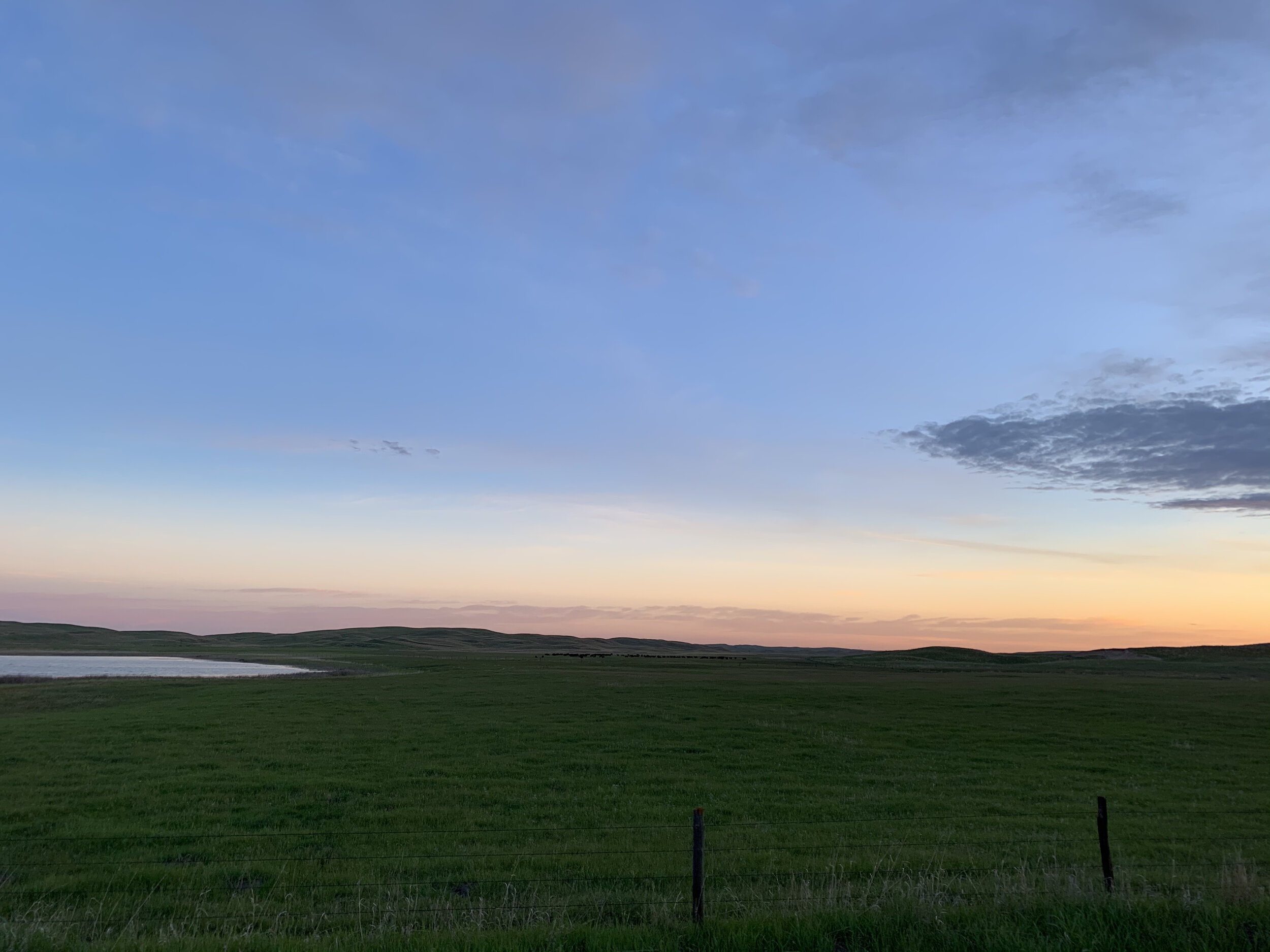The Rural Review
An online journal produced in conjunction with the Rural Reconciliation Project.
The Rural Review publishes digests of important academic contributions, program information, blog-style commentary, and periodic roundups of rural items from across academic disciplines and scholarly media.
Contributions from interested authors are welcome. Find our author guidelines here.
Gomez-Vidal & Gómez: Unincorporated Community Status as a Determinant of Health
New digest out by 2023 @UNLCollegeofLaw graduate Lauren Olsen covering Cristina Gomez-Vidal and @anugomez’s study of how an often overlooked designation--unincorporated community status--impacts lived health outcomes for residents
https://www.ruralreconcile.org/ruralreview/unincorporated-community-status-and-health
Fennimen, Ferrucci, & Mathews: Rural Journalism Rescue and Revival
In Revenue & Readership: Rescuing and Reviving Rural Journalism, Teri Finneman (School of Journalism and Mass Communications, University of Kansas), Patrick Ferrucci (Department of Journalism, University of Colorado), and Nick Mathews (Department of Journalism and Communication, University of Missouri) seek to understand how both rural newspaper publishers and readers perceive the situation surrounding the business side of journalism.
Eliason: From Public Trust to “Bulls for Billionaires”
In From a Public Trust to “Bulls for Billionaires”: The Collision of Wealth and Politics in Big Sky Country, Stephen Eliason (Department of Social Sciences and Cultural Studies, Montana State University) discusses three main influences on big game hunting regulations: (1) demographic change and technology, (2) land ownership and access, and (3) politics and license allocation. It is essential to understand these issues to find solutions that preserve hunting for “people of ordinary means,” including middle and working-class hunters.
Young and Billings: The Data on Civil Justice Needs in Rural America and Beyond
This digest summarizes recent empirical research by Young and Billings on civil access to justice needs, considering the impact of intersectional identity factors from queerness to disability, rurality, and parental status.









